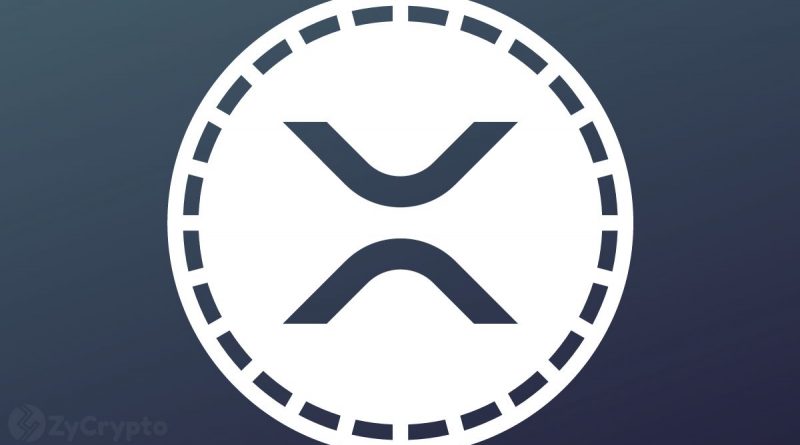Why Joining 75,000 XRP Holders Against the SEC Does Not Affect Potential Recovery for XRP Holders
Prominent crypto lawyer John E. Deaton was recently asked about the possibility of more XRP holders joining the civil case against Ripple in Oakland, California, if the verdict in SEC vs Ripple goes against Ripple and the judge declares XRP a security. Just last week, a California Judge certified a class of American purchasers of XRP in a complaint accusing Ripple Labs of selling unregistered securities. This second legal concern Ripple is facing is the subject of the tweet that prompted the question.
Concerning the ongoing legal conflict between Ripple Labs and the U.S. Securities and Exchange Commission (SEC), Deaton discussed the possible options and their potential impact on Ripple, XRP investors, and the SEC.
Regarding any money flowing from Ripple to the SEC, the lawyer is sure it won’t happen for years and only if Ripple were to lose on appeal.
Deaton said: “If the Supreme Court takes it on appeal (which I believe they will if Congress hasn’t acted by then), I believe Ripple hands down wins with this Supreme Court. If the SEC wins Ripple will appeal and the status quo that exists today will continue over the next 2-5 years.”
He claims that if the SEC prevails and the civil case attorneys triumph because the Californian judge upholds Judge Torres’ decision, Ripple will also appeal that case and no money will change hands, possibly never. If Ripple loses all of its challenges in five years, the SEC, not the civil claimants, would be responsible for collecting the $1.3 billion.
It’s important to note that the SEC would receive this money rather than the civil claimants. In response, the SEC would create a repayment fund akin to the Veritaseum case, enabling holders of XRP to sell their tokens.
Deaton emphasizes an intriguing aspect of the situation that some may have missed. He argues that if the SEC were to lose, the damages that could be recovered in civil litigation would rise. Conversely, an SEC victory could make obtaining any financial losses more challenging for the civil lawsuit’s plaintiffs.
Deaton stresses that signing up for the 75K list, a list of XRP owners he represents in SEC vs Ripple, does not constitute a waiver of any rights or claims. Being on the list instead aids in identifying a sizable potential class of XRP holders. Holders of XRP on the list would probably be informed if there was ever a financial recovery in either the civil or SEC lawsuit.
He said: “Also if Ripple loses and Congress fixes this regulatory mess during the 5 years of appeals, it all goes away anyway. Bottom line, being on the list didn’t waive anything and, if anything, it identified your claims (if you have any) long ago.”
Critics who claim that joining the 75K list and claiming that XRP is not a security would be damaging if XRP holders received financial compensation are dismissed by the attorney. He clarifies that even if a judge and an appeals court found differently, being mistaken about XRP’s security status would not result in punishment.
Given the possible outcomes, Deaton expresses doubt about the civil lawsuit’s impact. He contends that, paradoxically, XRP investors would gain if the SEC finally wins since it would receive the largest settlement and the best resolution.
These observations from John E. Deaton offer helpful perspectives on the probable outcomes and repercussions for all parties involved as the Ripple-SEC legal dispute continues.
Source: Read Full Article

